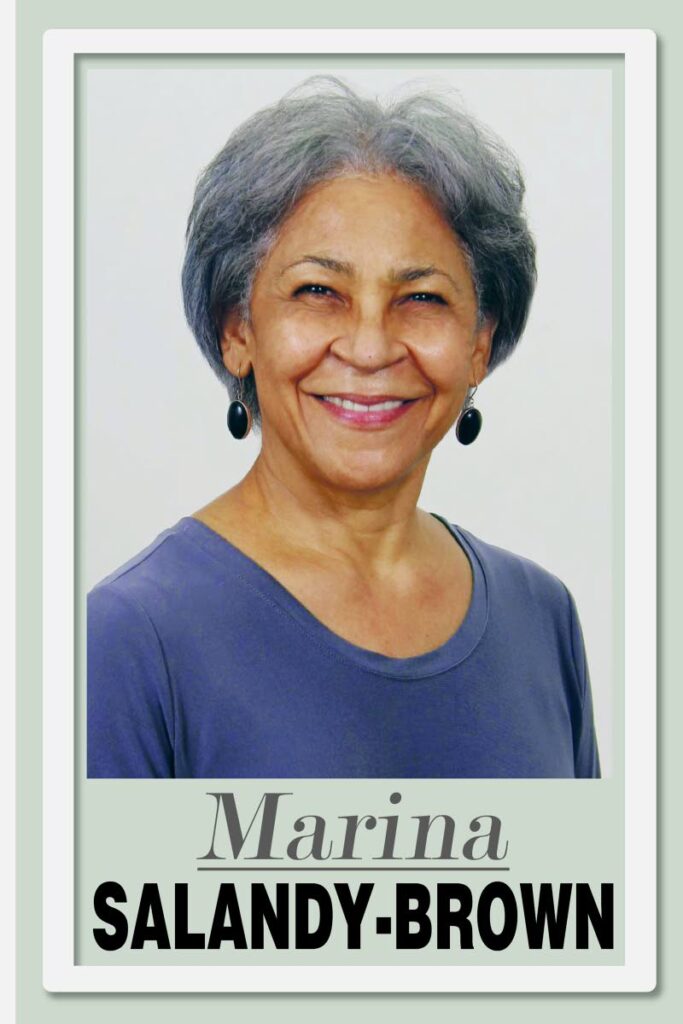Unsafe political leadership

We live in precarious times. Earlier this month the vice president of Venezuela stated that her country does not recognise the jurisdiction of the UN’s highest court, the International Court of Justice, in regard to its territorial dispute with Guyana.
The two neighbouring countries have long disputed their mineral-rich border, and with Guyana poised to exploit its newfound energy resources. Venezuela is threatening to take the Essequibo region by force, which is two-thirds of Guyana.
How it plays out is of particular concern to us, given our possibly divided loyalties as a Caricom member and an industrial partner of Venezuela’s. Utterances by Dr Rowley that we are not immune to the effects of war might be a subtle hint of what could lie in store
Last week, the unimaginable happened. The UK prime minister, Rishi Sunak, told the great British public that if he did not get his way in deporting illegal migrants to Rwanda, he would take Britain out of international conventions on human rights.
It would be exceedingly complicated to achieve, but his preparedness to strike a blow at the very heart of world stability is disturbing. After all, the UK is an important signatory to the international human-rights treaties.
He withstood pressure from his just-sacked Minister of Home Affairs (Home Secretary) to leave the European Convention on Human Rights, which protects the basic freedoms of more than 700 million people in Europe. It is an international treaty, and so the UK remains a signatory, although no longer an EU member. The European Court of Human Rights stopped the first Rwanda deportation and the case then went to the UK courts, where Britain lost. Sadly, Mr Sunak seems to regret rejecting his ex-minister's advice.
The UK also ratified the International Covenant on Civil and Political Rights (ICCPR) over 50 years ago – 197 states have bought into it. In doing so, they agreed to ensure that people enjoy freedom from torture and other forms of inhuman and degrading treatment and punishment. Sending survivors of war, despotic regimes and decimated lands, who made perilous journeys and encountered harsh treatment, to a country notorious for human rights atrocities runs counter to that undertaking.
In the mid-1990s, 800,000 Rwandans slaughtered one another for tribal/political reasons. Rwanda may have achieved some economic and political stability since then, but, according to the Supreme Court ruling in London last week, human-rights breaches and political murders occur there, and, more importantly, Rwanda has been returning asylum-seekers to their own countries.
The court decided it was illegal to deport people to an unsafe third country. Nonetheless, Sunak vowed to pass legislation in order to pursue that particular plan. Removal to “unsafe” Rwanda would be callous and loses him the moral argument and cancels any vague idea that he is an enlightened political leader.
Meanwhile, President Putin in Russia and Prime Minister Netanyahu in Israel have both defied world opinion, all UN entreaties, and the rules of engagement in their ruthless, inhumane conflicts with their neighbours.
At the UN last week, even China, not known for defending human rights, condemned an Israeli government statement that using a nuclear bomb on Gaza was an option. It is well known that Israel has nuclear capability, but Israel has never admitted it, and remains a non-signatory to the important international Non-Proliferation Treaty, along only with violent India, Pakistan, and South Sudan. Israel inadvertently revealed its hand, but without consequence, because it suits the US that its main ally in the region is armed up to the hilt.
On the other hand, Iran is constantly investigated for its nuclear capability.
These facts are ugly and are not reassuring. They contribute to the despondency we feel about the UN’s inability to restrain the many power-hungry leaders who. for pure political expediency. seek to undermine the very institutions and conventions that keep us moderately civilised and relatively safe.
There are many complaints about the UN, but it comprises its unruly member states, upon which it must depend to implement its resolutions and to take action when international peace and security are threatened. The UN cannot militarily enforce decisions, but it remains a valuable platform for building international understanding and co-operation.
The importance of international collaboration was evident last week when an international arrest warrant was issued in France for President Assad of Syria to answer questions about war crimes. The criminal complaints of Syrian survivors of 2013 chemical-weapons attacks led to an investigation under universal jurisdiction, by judges of the Unit for Crime against Humanity and War Crimes of the Paris Judicial Court. Complaints were also lodged in Sweden and Germany.
We should be encouraged. Assad, Netanyahu, Putin and others should not escape punishment for war crimes. And we should be unrelenting in our pursuit of a less troubled world.

Comments
"Unsafe political leadership"